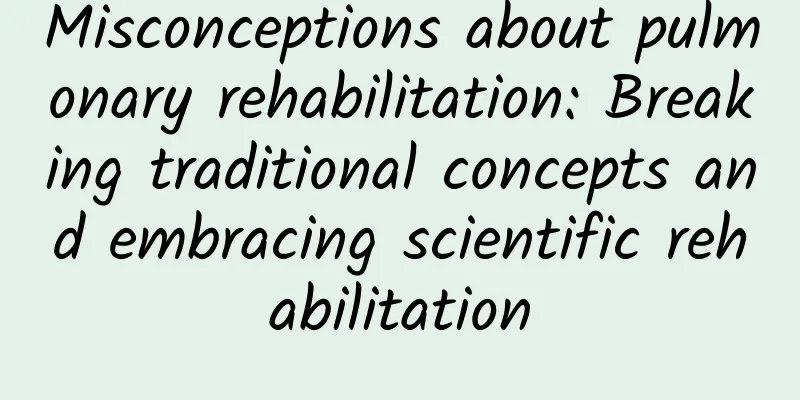Will I feel nauseous if I am not pregnant for one month?

|
The most obvious signal of pregnancy is the absence of menstruation. When menstruation is delayed, you can use an early pregnancy test to check whether you are pregnant. Women will experience early pregnancy reactions after becoming pregnant, but these early pregnancy reactions vary from person to person. Will you feel nauseous and vomit before one month of pregnancy? Most people experience morning sickness during the 6th week of pregnancy. Will I feel nauseous and vomit if I am not pregnant for one month? Early pregnancy reactions usually occur in the early stages of pregnancy (about six weeks after menstruation). The level of hCG in the pregnant woman's body increases, gastric juice secretion decreases and gastric emptying time increases, causing a series of reactions such as dizziness, fatigue, loss of appetite, preference for sour foods or aversion to greasy foods, nausea, and vomiting when getting up in the morning. Will you feel nauseous and vomit if you are not even one month pregnant? This varies from person to person. How to relieve morning sickness and nausea 1. Psychological treatment methods Mental relaxation is more important than anything else. Excessive mental stress will make pregnancy reactions more serious. Nausea and retching in early pregnancy is normal. As long as it is within the normal range, there is no need to worry about causing adverse effects on the fetus. Master some relative scientific and technological knowledge, communicate more with mothers and pregnant women around you, learn from each other, and eliminate mental stress. 2. Diet therapy In fact, in the early stages of pregnancy (the first three months), the fetus's growth and development are slow and it does not need too much nutrition. In terms of taste, you can choose what you like as much as possible, and try to limit the amount of each meal, and eat small meals frequently. Drinking more water and eating more foods rich in vitamins can prevent constipation, because constipation can aggravate early pregnancy reactions. Change your dining environment as much as possible to whet your appetite. In order to relieve nausea and retching, eat more drier foods, such as pancakes, cookies, toasted bread slices, sliced bread, etc. If morning sickness is severe, eat more vegetables, fresh fruits and other alkaline foods to prevent metabolic acidosis. 3. Exercise therapy Moderately participating in some brisk activities, such as taking a walk outdoors, doing exercises for pregnant women, etc., can improve mood, strengthen the body, and relieve nausea and retching in early pregnancy. 4. Drug therapy Some pregnant women have severe nausea and retching. At this time, in order to ensure the health of the pregnant mother and fetus, they should supplement with nutritional supplements. For example, taking some B vitamins and vitamin C can also relieve the discomfort of pregnancy reactions. |
<<: Is progesterone 17 low in two months of pregnancy?
>>: Daily exercise for seven months of pregnancy
Recommend
What is the origin and significance of Thanksgiving? When is Thanksgiving?
Thanksgiving Day is a traditional Western holiday....
What causes stomach pain when you are 8 months pregnant?
The eighth month of pregnancy is already the late...
I had sex 21 days after hysterectomy
Generally speaking, for patients who have undergo...
Yellow watery vaginal discharge
In daily life, many women find that their secreti...
If you go to bed at one or two in the morning every day, how long will it take for you to die suddenly? I don’t dare to hold on after reading this…
Expert of this article: Zhao Wei, MD, associate c...
Will cervical erosion get better if you don't have sex?
Cervical erosion is a cause of disease and a more...
What is the cause of vaginal bleeding after IUD insertion?
Women usually get an IUD inserted to avoid pregna...
Causes of prolonged menstruation
With the development of the times, many female fr...
Can I take a bath after the confinement period?
Confinement is a process that women have to go th...
How much folic acid should I take for pregnancy?
Taking folic acid is something that almost everyo...
Can I use my phone during the confinement period?
New mothers who are in confinement can play with ...
Does high uric acid affect pregnancy?
High uric acid levels are a genetic metabolic dis...
Can I get a tattoo during my period?
Many people are interested in tattoos. Tattoos ar...
What to do with adnexitis pain
In life, many women suffer from adnexitis. In fac...
How are uterine cysts formed and what are the causes?
Uterine cyst is a common gynecological disease in...









